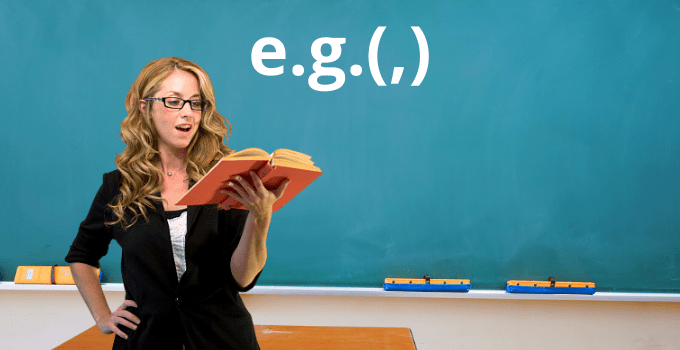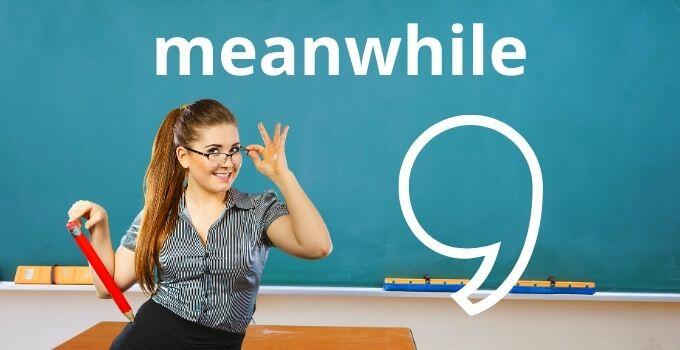Do you know what Latin abbreviations such as “i.e.”, “et al.”, and “e.g.”, stand for? And, have you been punctuating them properly? If so, then that means you’re saving grammar pedants from having either a stroke or cardiac arrest. So, whether you’re mentally reading e.g. as “exempli gratia” or simply as “egg sample”, as most …
English
When it comes to plural words, some languages have it easy. In Japanese, for instance, you simply use the exact same word with no spelling change required. English sometimes has plurals that are the same as the singular form (deer and deer, for instance), but more often than not it’s a perplexing task to figure …
Imagine a world where punctuations and cohesive devices do not exist. It must be quite easy to pass our grammar-based assessments with flying colors. However, it must also mean that written texts will be crowded, monotonous, and nonetheless illogical. Therefore, it is needless to say that non-lexical symbols or punctuation marks, altogether with cohesive devices …
Ever feel like punctuation marks are secretly judging you? Like they’re sitting there on the page, silently mocking your every misplaced comma and unnecessary exclamation point? Well, you’re not alone! And if there’s one punctuation mark that’s practically oozing with smug superiority, it’s the semicolon. Yep, that little half-comma, half-period hybrid is like the punctuation …
One of the hardest things about writing is knowing whether you are using the correct word in different contexts. For instance, some notorious homonyms trip up people regularly. Some famous examples are “your” and “you’re;” “their,” “they’re,” and “there;” and “to,” “too,” and “two.” On the other hand, some words can be hard to use …
If you’re here, odds are you are a fan of the TV show “True Detective,” which features the iconic line ‘Time is a flat circle.’ In its first season, the protagonist Rust Cohle, portrayed by Matthew McConaughey, articulates this profound concept. This assertion might have left many of you puzzled. I know it confounded me. …
Have you been using your punctuation marks properly? If not, then you must have had caused a heart attack to a grammar pedant or two. Well, no one actually blames you for that. Don’t worry. In fact, punctuations are “all Greek” symbols to many normal human beings, both historically and idiomatically speaking. So, if you …
At least once in our lifetime, punctuation marks have tripped us up. Some punctuation marks may be pretty easy to use, but others might just be trickier like semicolons, colons, and commas. Commas may not seem that threatening in our ordinary reading and writing days. They do become a burden, though, when they appear in …
Some words are used so frequently that they can get exhausting to type or write over and over. Sometimes, English and many other languages adopt common shorthand signs or symbols as a result. Let’s take a look at one of the most popular English symbols, the and sign or ampersand (&). [toc] …









